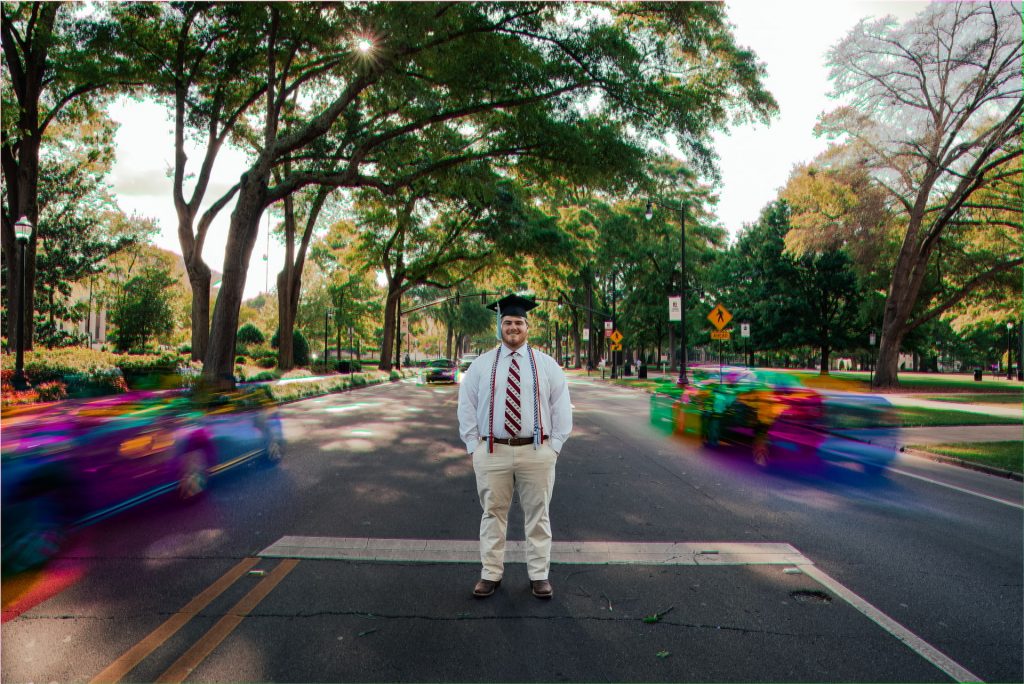United Kingdom is a country with many high-ranking prestigious educational institutions (Oxford and Cambridge, the University of Edinburgh and Manchester, as well as universities in Glasgow and Bristol). British diplomas are highly regarded worldwide and significantly increase the chances of employment in the most prestigious international companies. In addition, British universities offer a huge number of highly specialised courses. It is possible to find an education that will not always be available anywhere else in the world. Each program contains an excellent balance of practice and theory. There is even an opportunity to do an internship (the so-called Sandwich year) with a company in the UK or even in another country. Such education not only gives a competitive advantage in the labour market and makes a person a sought-after specialist, but it is also extremely important for personal self-development and professional growth.
Features of the UK higher education
Higher education in the UK is characterised by flexibility of study for international students. For schoolchildren from the CIS countries who have completed eleven years of schooling, special preparatory programs are provided for Foundation and International Year 1. The preparatory course helps the student adapt to the country and choose the direction of further education. It is also possible to first pass the Pre-Master when applying for Masters.
Higher education in the UK can be obtained at a university, technical institute or college. At the same time, technical institutes are equated to the level of universities. It is also possible to get a bachelor’s degree in college. An interesting feature is that the student can attend seminars and lectures from other faculties, which allows them to receive a double degree. On average, higher education for a bachelor’s degree lasts three years (medical specialities last 7 years). Read more about the UK education system.

The cost of education
Higher education is paid for both citizens and international students. A loan for education is provided for citizens, which allows them to return the money spent on education after starting work. There are partial grants and scholarships at each educational institution, and each scholarship has its conditions, but few receive them.
The cost of programs for international students ranges from 12,000 pounds to 63,000 pounds per year and depends on the institution and program of study. Programs for technical specialities are about the same as humanitarian ones. An MBA can cost from 25,000 – 27,000 pounds a year. A regular master’s degree is 20,000. The price depends on the university’s rating, how many professors there are, what contacts they have with business, who their mentors are, who their graduates are, their citation works and other factors, including popularity. For example, any university in London is usually more popular and can be more expensive than a higher-rated university outside London. The cost is also influenced by the level of the program (bachelor’s, master’s, postgraduate). Master’s degrees are higher in value than bachelor’s programs.
Tuition payment
At the universities of the United Kingdom, there is an opportunity to pay for tuition in instalments. Payment is usually accepted either in full or 50×50. We have the trust of the universities, and very often, it is possible to agree on a personal payment plan. You can do it by sending a personal request via email – our educational consultants will assist you.
Facilities and learning process
Their independence distinguishes universities. Some are characterised by the presence of their infrastructure, not related to the city, which allows students to study comfortably without leaving the campus (their gyms, canteens, shops, museums, laundries). Some rural university campuses are located remotely in the hinterland and are separate settlements.

The universities have a very developed system of student unions and communities. The overwhelming majority of students are in different hobby clubs, at least two to three. Universities fund large clubs, and their members may receive discounts (travel and meals) and other privileges.
Students in the second year and above are allowed to choose subjects relevant to their course, though there is a list of required courses. After the university makes a timetable, students compare what they have done and can change modules after a couple of weeks. If the lectures on economics are on Monday at 10 A.M., the student will not be able to attend at other times. Each university has an attendance policy, which states that students must attend all classes, which is about 35 hours a week. Universities monitor this closely and offer their help if a student suddenly starts to miss classes. In seminars (practical lessons after theoretical lectures), students are checked and graded. At the same time, several important works must be submitted. Each university allows retakes. Usually, it is allowed to retake the subject once or twice for an additional fee. All work should be independent and creative. The use of other people’s work is not permissible. Cheating is not only shamed but also completely unacceptable.
Most educational institutions have the excellent technical equipment and excellent libraries. Students are provided with all the conditions for effective learning. Students are offered 3D printers on campuses, social service officers and mentors. Each employee of the university works to ensure that the student has been learning and that everything is very easy, accessible and visible. All that is required from the student is the desire to learn.
Read how to choose a university in the UK

After completing their studies in the UK, students have several options:
- Continuing education to obtain postgraduate qualifications, MBA or PhD.
- Job search
- Returning home
The most common options for international students are looking for a job in the UK or returning home. In 2017–2018, 91 per cent of alumni surveyed were working or were expected to start work or continue their studies about 15 months after graduation. Thirty per cent are graduates from outside the EU.



